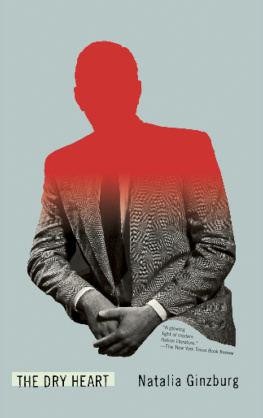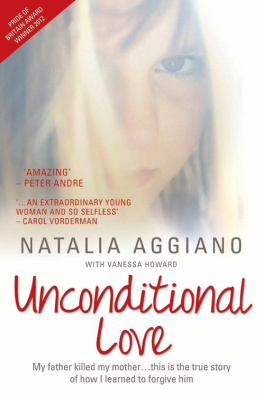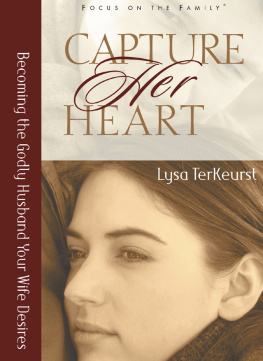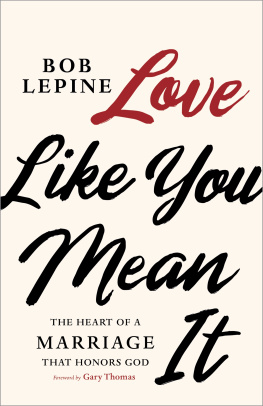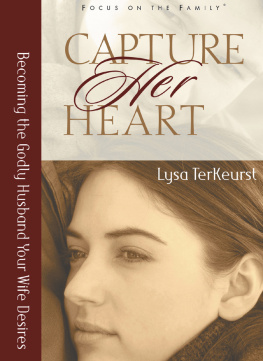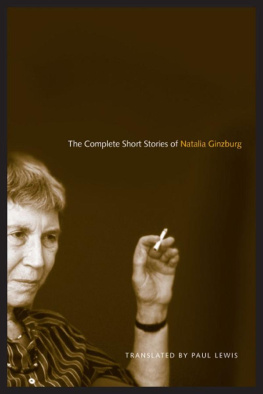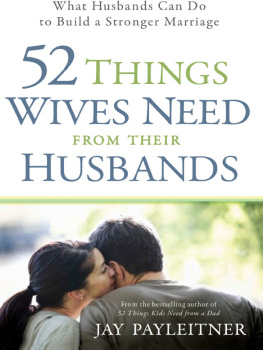About Natalia Ginzburg and The Dry Heart
Ginzburg never raises her voice, never strains for effect, never judges her creations. Like Chekhov, she knows how to stand back and let her characters expose their own lives, their frailties and strengths, their illusions and private griefs. The result is nearly translucent writing writing so clear, so direct, so seemingly simple that it gives the reader the magical sense of apprehending the world for the first time.
Michiko Kakutani, The New York Times
Her prose style is deceptively simple and very complex. Its effect on the reader is both calming and thrilling thats not so easy to do.
Deborah Levy
Her sentences have great precision and clarity, and I learn a lot when I read her.
Zadie Smith
Im always drawn to short novels that pack a punch Fleur Jaeggys Sweet Days of Discipline (101 pages), Willem Frederick Hermanss An Untouched House (88 pages), and Jos Revueltass The Hole (79 pages) are all the more powerful for how brief they are. Its less about finding the time to read Natalia Ginzburgs The Dry Heart, an 83-page novel about an Italian woman who shoots and kills her husband on page one, than it is preparing yourself for it.
Gabe Habash, Publishers Weekly Best Summer Reads 2019
If Ferrante is a friend, Ginzburg is a mentor.
The Guardian
Ginzburg gives us a new template for the female voice and an idea of what it might sound like. This voice emerges from her preoccupations and themes, whose specificity and universality she considers with a gravitas and authority that seem both familiar and entirely original.
Rachel Cusk
Filled with shimmering, risky, darting observation.
Colm Tibn
The raw beauty of Ginzburgs prose compels our gaze. First we look inward, with the shock of recognition inspired by all great writing, and then, inevitably, out at the shared world she evokes with such uncompromising clarity.
Hilma Wolitzer
There is no one quite like Ginzburg for telling it like it is.
Phillip Lopate
Ginzburgs beautiful words have such solidity and simplicity. I read her with joy and amazement.
Tessa Hadley
Her simplicity is an achievement, hard-won and remarkable, and the more welcome in a literary world where the cloak of omniscience is all too readily donned.
William Weaver, The New York Times
The Dry Heart
By NATALIA GINZBURG
from New Directions
The Dry Heart
Happiness, as Such
Copyright 1947, 1974, 2001, 2010 & 2018 by Giulio Einaudi Editore SpA, Torino
Translation copyright 1952 by the Hogarth Press Ltd.
All rights reserved. Except for brief passages quoted in a newspaper, magazine, radio, television, or website review, no part of this book may be reproduced in any form or by any means, electronic or mechanical, including photocopying and recording, or by any information storage and retrieval system, without permission in writing from the Publisher.
Originally published in Italian as stato cosi. Published by arrangement with the Estate of Natalia Ginzburg and Giulio Einaudi Editore SpA
Manufactured in the United States of America
New Directions Books are printed on acid-free paper
First published as a New Directions Paperbook ( NDP 1448) in 2019
Library ofCongress Cataloging-in-Publication Data
Names: Ginzburg, Natalia, author. | Frenaye, Frances, 19081996, translator.
Title: The dry heart / Natalia Ginzburg ; translated by Frances Frenaye.
Other titles: stato cosi. English
Description: New York : New Directions, 2019. | A New Directions Book. | English translation originally published by The Hogarth Press Ltd. in 1952.
Identifiers: LCCN 2019004340 | ISBN 9780811228787 (alk. paper)
Subjects: LCSH : MarriageFiction. | ParricideFiction. | MurderFiction.
Classification: LCC PQ4817.I5 E213 2019 | DDC 853/.912dc23
eISBN: 9780811228794
New Directions Books are published for James Laughlin
by New Directions Publishing Corporation
80 Eighth Avenue, New York 10011
The Dry Heart
TELL me the truth, I said.
What truth? he echoed. He was making a rapid sketch in his notebook and now he showed me what it was: a long, long train with a big cloud of black smoke swirling over it and himself leaning out of a window to wave a handkerchief.
I shot him between the eyes.
He had asked me to give him something hot in a thermos bottle to take with him on his trip. I went into the kitchen, made some tea, put milk and sugar in it, screwed the top on tight, and went back into his study. It was then that he showed me the sketch, and I took the revolver out of his desk drawer and shot him between the eyes. But for a long time already I had known that sooner or later I should do something of the sort.
I put on my raincoat and gloves and went out. I drank a cup of coffee at the counter of a caf and walked haphazardly about the city. It was a chilly day and a damp wind was blowing. I sat down on a bench in the park, took off my gloves and looked at my hands. Then I slipped off my wedding ring and put it in my pocket.
We had been husband and wife for four years. He had threatened often enough to leave me, but then our baby died and we stayed together. Another child, he said, would be my salvation. For this reason we made love frequently toward the end, but nothing came of it.
I found him packing his bags and asked him where he was going. He said he was going to Rome to settle something with a lawyer and suggested I visit my parents so as not to be alone in the house while he was away. He didnt know when hed be back, in two weeks or a month, he couldnt really say. It occurred to me that he might never come back at all. Meanwhile I packed my bags too. He told me to take some books with me to while away the time and I pulled Vanity Fair and two volumes of Galsworthy out of the bookcase and put them in one of my bags.
Tell me the truth, Alberto, I said.
What truth? he echoed.
You are going away together.
Who are going away together? You let your imagination run riot. You eat your heart out thinking up terrible things. That way youve no peace of mind and neither has anyone else.... Take the bus that gets to Maona at two oclock, he said.
Yes, I answered.
He looked at the sky and remarked: Better wear your raincoat and galoshes.
Id rather know the truth, whatever it may be, I said, and he laughed and misquoted:
She seeketh Truth, which is so dear
As knoweth he who life for her refuses.
I sat on the bench for I dont know how long. The park was deserted, the benches were drenched with dew, and the ground was strewn with wet leaves. I began to think about what I should do next. After a while I said to myself, I should go to the police and try to tell them how it all came about. But that would be no easy matter. I should have to go back to the day when we first met, at the house of Dr. Gaudenzi. He was playing a piano duet with the doctors wife and singing dialect songs. He looked at me hard and made a pencil sketch of me in his notebook. I said it was a good likeness, but he said it wasnt and tore it up.
He can never draw the women that really attract him, said Dr. Gaudenzi.
They gave me a cigarette and laughed to see how it made my eyes water. Alberto took me back to my boardinghouse and asked if he could come the next day to bring me a French novel which he had mentioned in the course of the evening.

